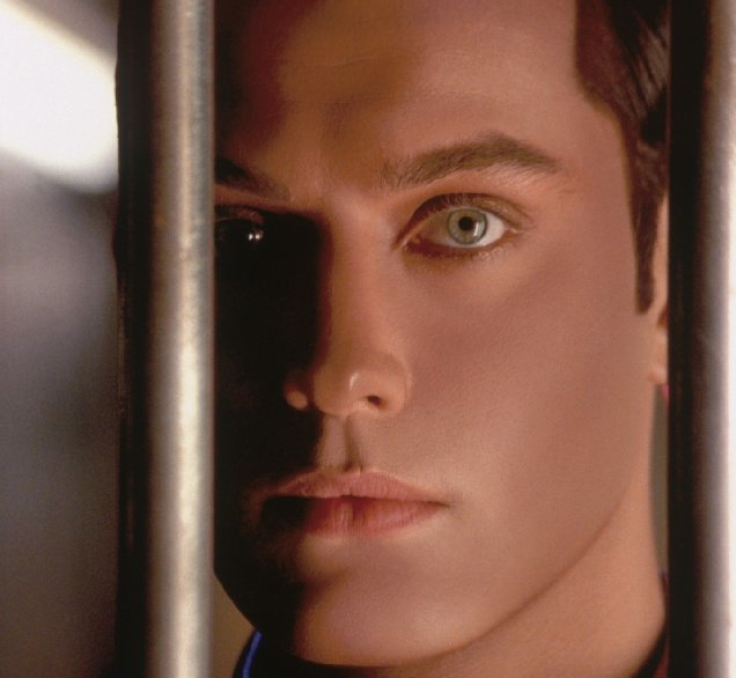Experts Say 'Sexbots' Will Eliminate STIs, Provide Life-Lengthening Orgasms

Futurists are theorizing that robots will be cultivated to give humans life-extending orgasms, and some suggest that the scenario could be here as early as 2050.
It is not the first time that orgasms have been linked to better health, and indeed, at least one eight-decade study found that women who had experienced more orgasms over the course of their lives lived longer.
"Orgasms reduce stress, insomnia, heart attacks, migraines, depression, addictions, aches, pains, menstrual cramps, endometriosis, type-2 diabetes, cervical & urinary tract infections, and risk of prostate cancer, plus they improve the immune system, heart rate, blood pressure, brain chemistry, skin health, pelvic floor strength, and they clean out carcinogenic toxins...4-8 years of additional life can be garnered if we have 350-700 orgasms per year...Other studies report 2-3 orgasms per week can make us look 7-12 years younger," Transhumanity adds.
The futurist website says that, unlike human partners, robots will be ready and willing whenever we are. The website also theorizes that robots will be, ahem, equipped to do things that human partners simply cannot.
While it may seem like straight out of a science-fiction story, at least one journal, Futures, has published an article based on this very scenario. The paper, written by Ian Yeoman and Michelle Mars from the Victoria University of Wellington in New Zealand, suggests that by 2050, all of Amsterdam's prostitutes will be androids. The practice will end the sex trade and the risks of receiving sexually transmitted infections. The androids would be made of bacteria-resistant material and would flush out human bodily secretions, which would remove the opportunity for patrons to receive STIs. According to the Dominion Post, the brothels will also consist ''of sexual gods and goddesses of different ethnicities, body shapes, ages, languages and sexual features".
Transhumanity argues that sex robots will not replace human partners altogether. People will still choose to marry other people for the intangibles that robots will be unable to provide. But, as Yeoman and Mars say, ''[robot] sex is safer sex, free from the constraints, precautions and uncertainties of the real deal.''



























